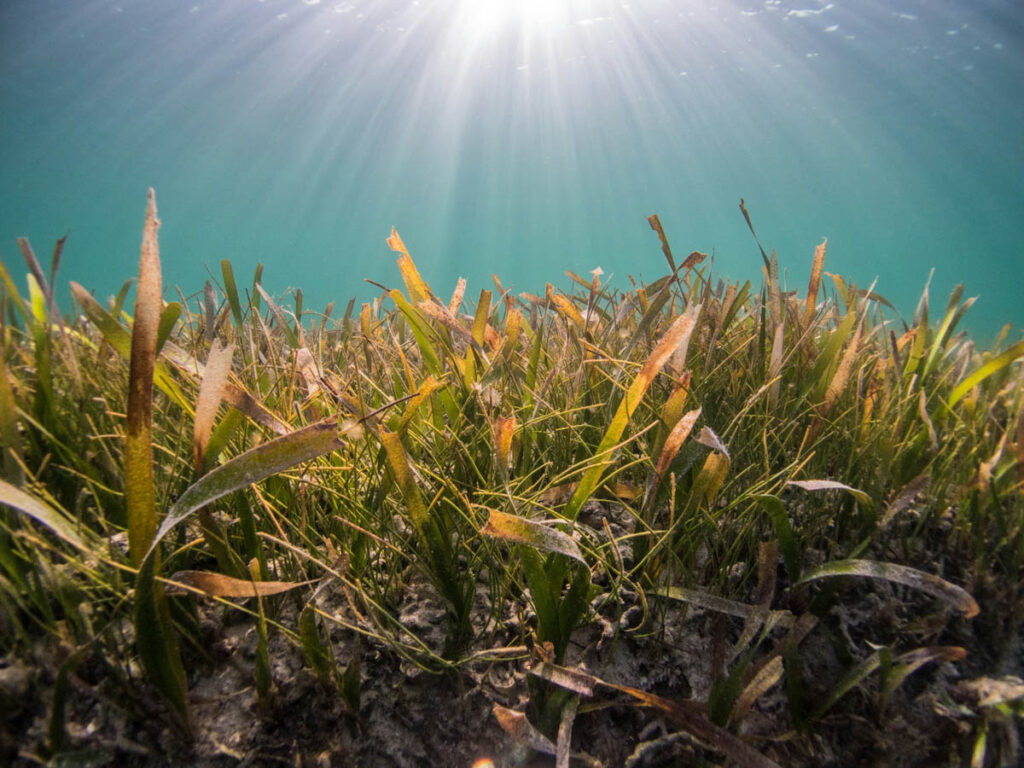With climate change, disease outbreaks are increasing in our ocean and it’s crucial to understand how they are affecting foundationally important marine species such as seagrasses. Seagrass meadows provide habitat for an extraordinary number of different organisms, can protect coastlines against storms, and have the ability to store harmful greenhouse gasses from the atmosphere into the soil. Tomales Bay estuary in northern California holds an estimated 9% of the state’s seagrass population, and while disease is present in the area, not much is known about if there are different pathogen strains within seagrass meadows.
Join Serina Moheed as she talks about how she monitors seagrass wasting disease in the field (spoiler – it’s muddy!), methods for analyzing the effects of the disease, and how in her opinion growing a marine pathogen in the lab can be much harder than taking care of a houseplant.
March 19, 2024 – 12 pm Hawai`i / 3 pm Pacific / 5 pm Central / 6 pm Eastern
The National Marine Sanctuaries Webinar Series provides educators with educational and scientific expertise, resources, and training to support ocean and climate literacy in the classroom. This series currently targets formal and informal educators, students (high school through college), as well as members of the community, including families. You can also visit the archives of the webinar series to catch up on presentations you may have missed here.
After registering you will receive a confirmation email containing information about joining the webinar. The Webinar ID is 318-993-115.







